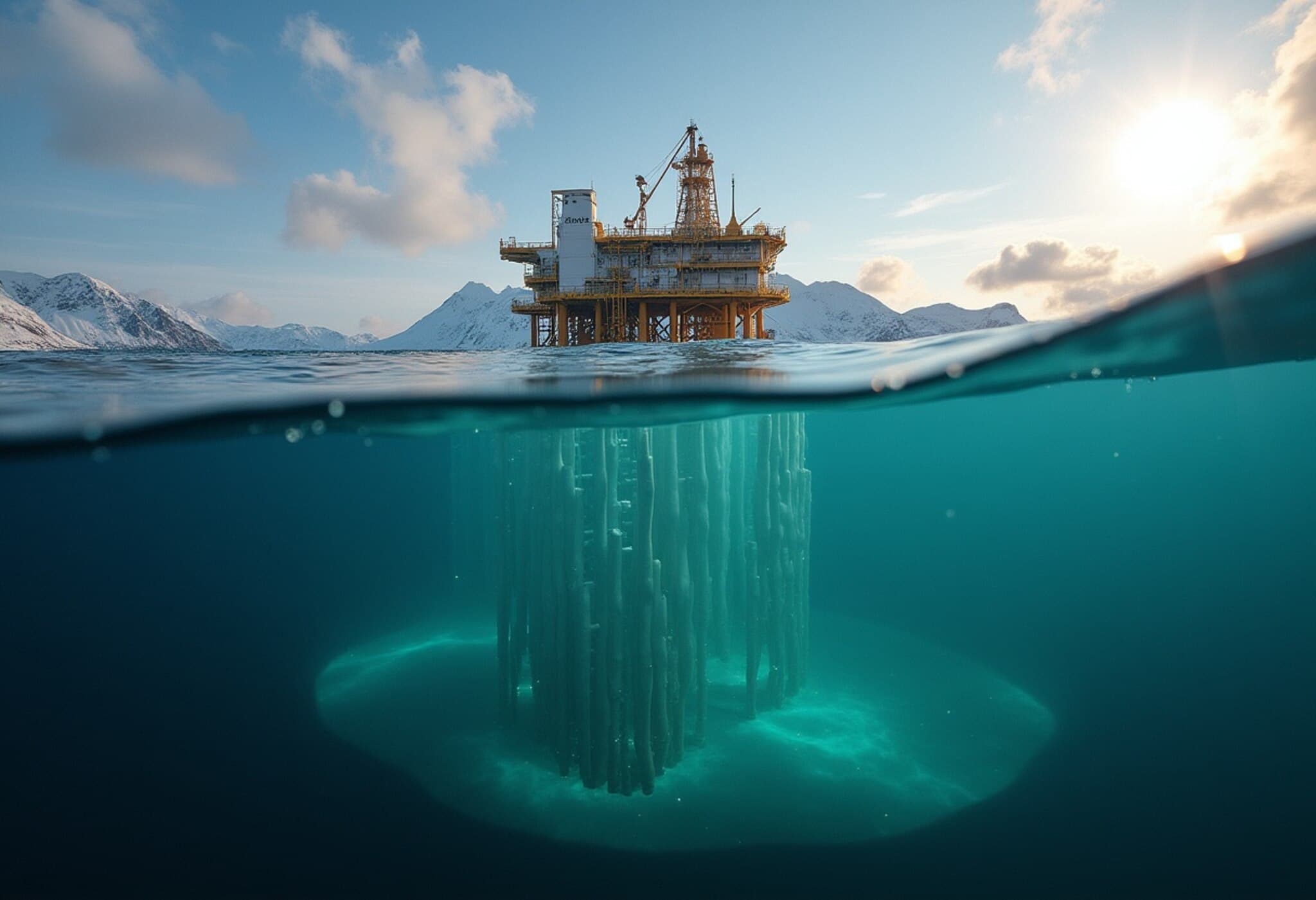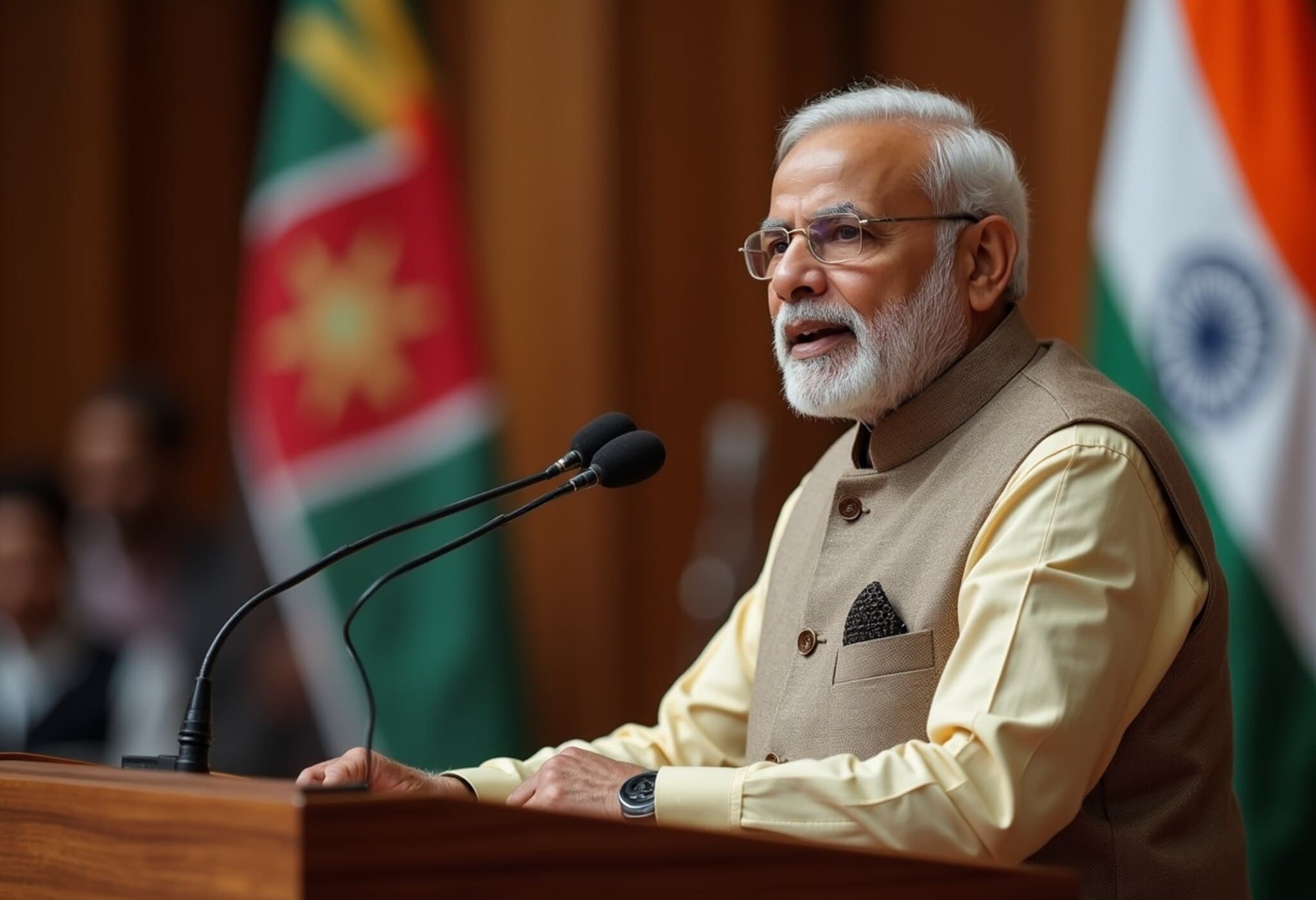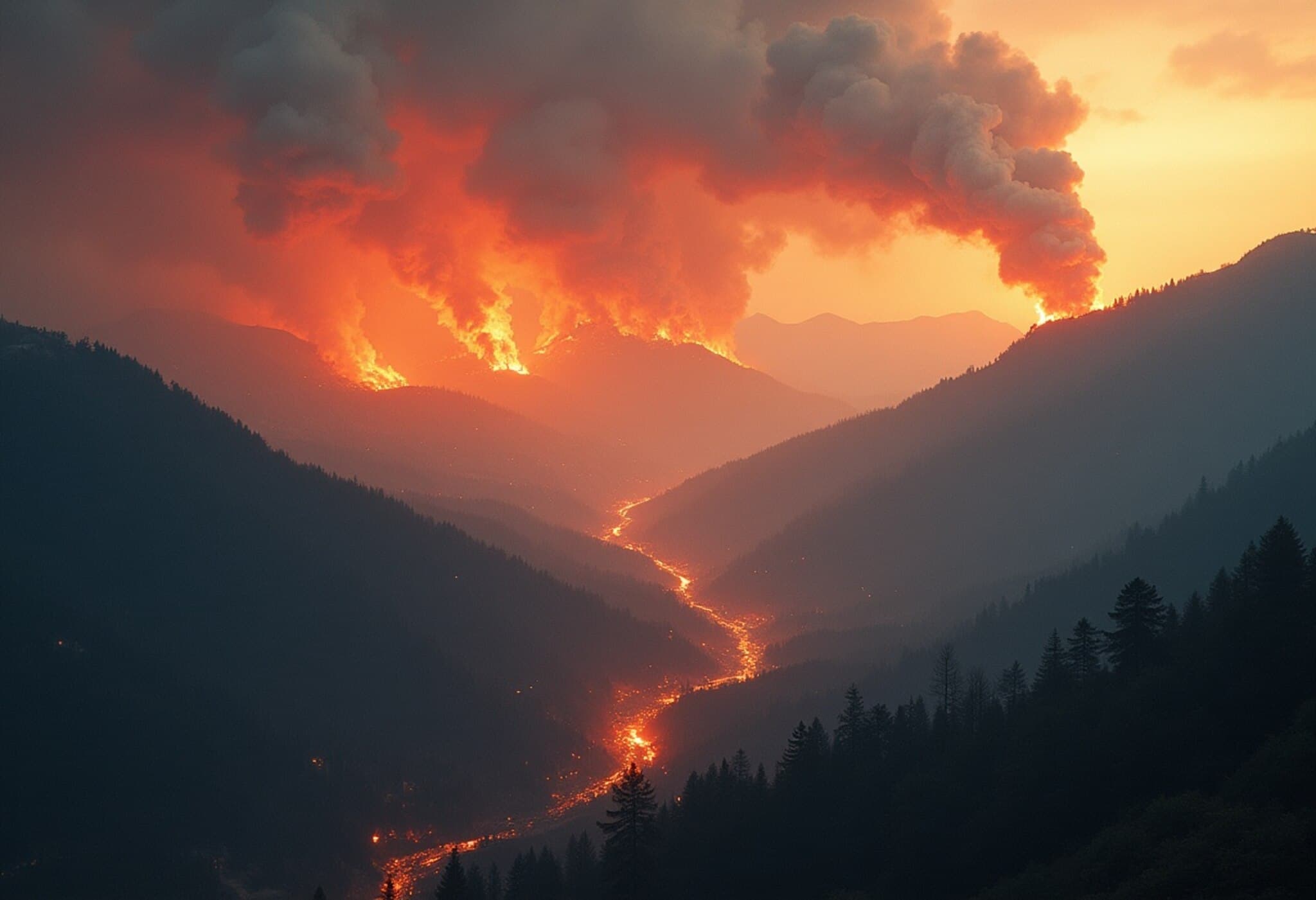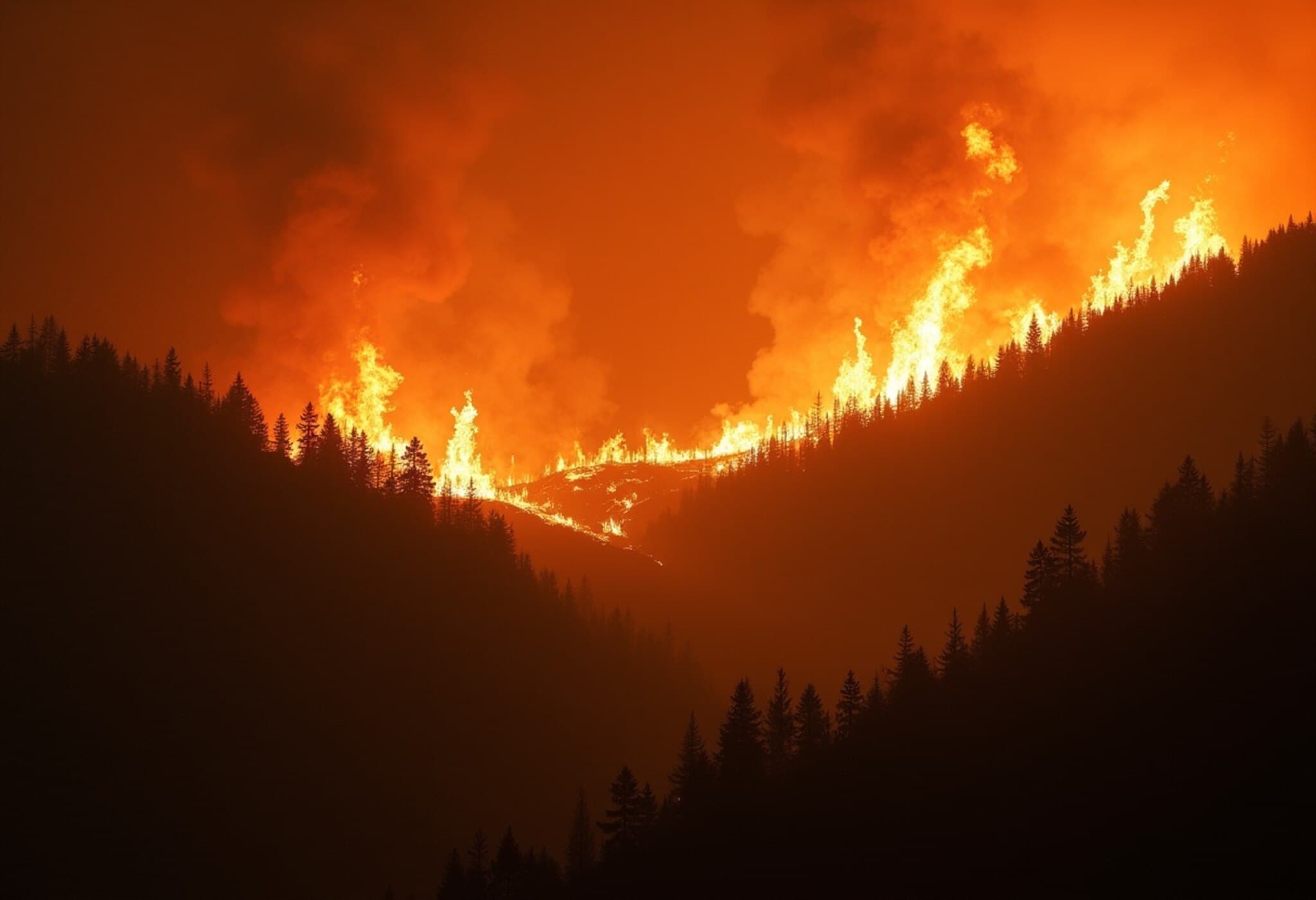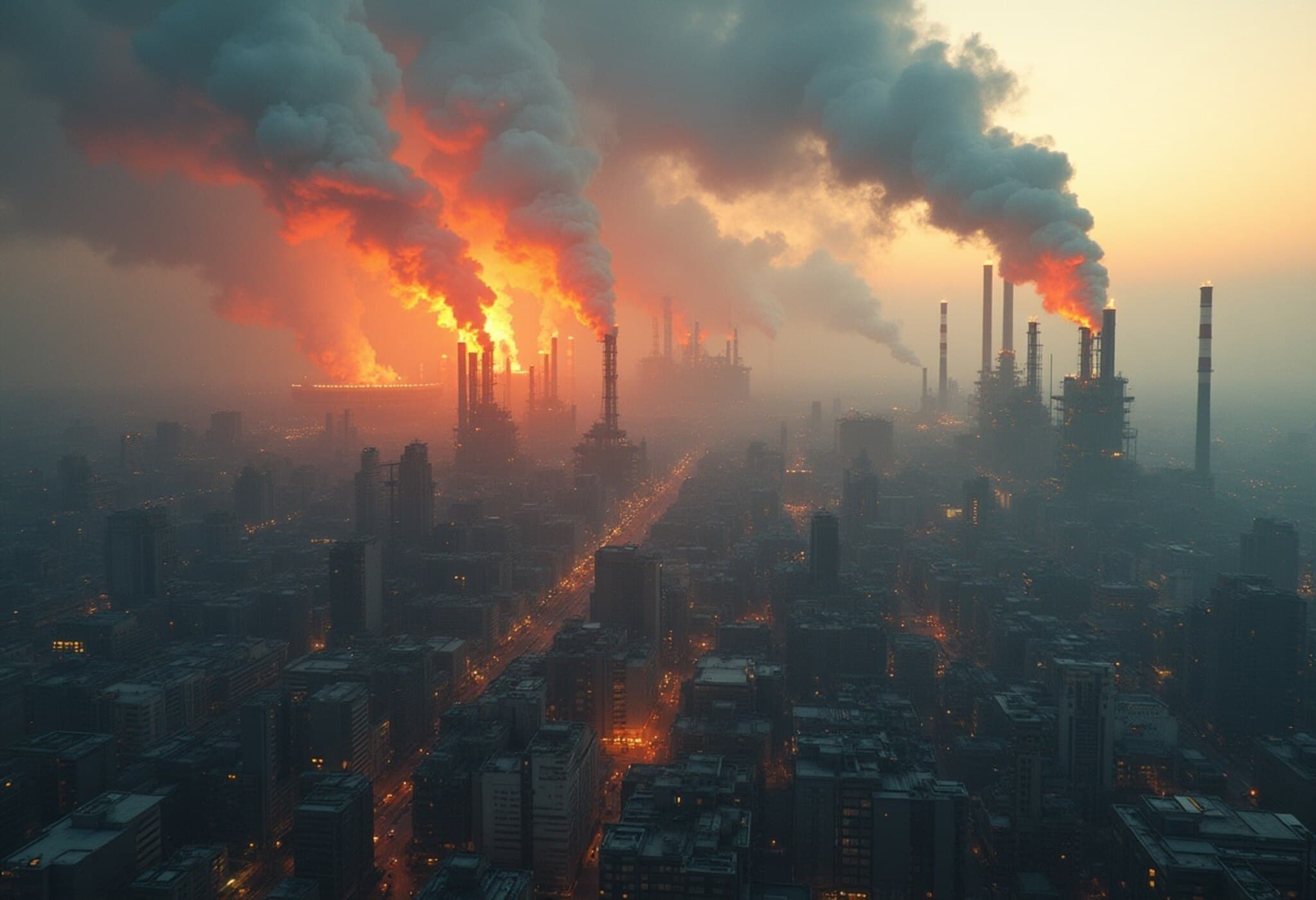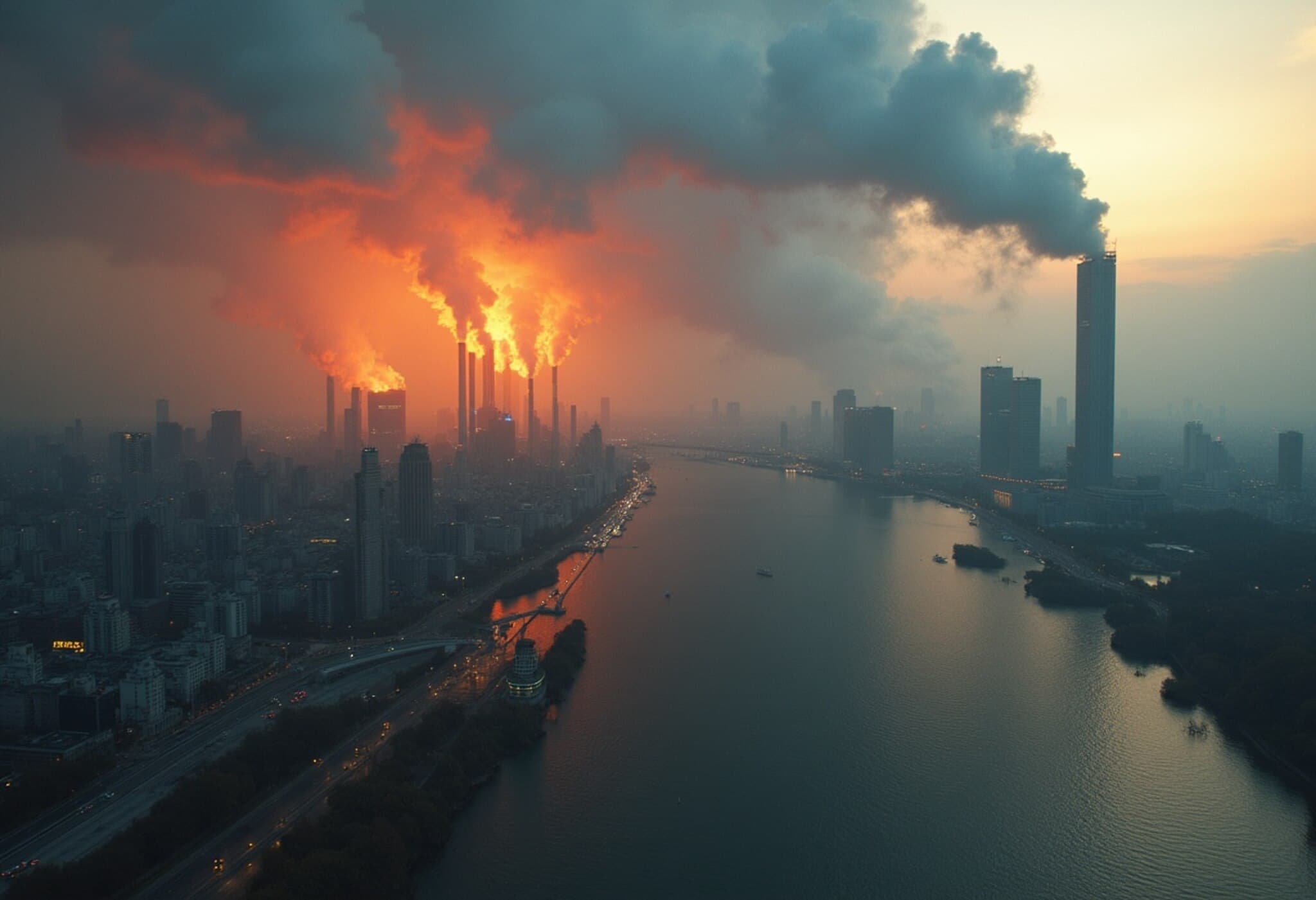International Court of Justice Affirms Environment as a Human Right
In a groundbreaking advisory opinion delivered on July 23, 2025, the International Court of Justice (ICJ) has affirmed that a clean, healthy, and sustainable environment is a fundamental human right. This landmark decision, hailed by experts worldwide, underscores the urgent responsibilities nations bear to counter climate change and addresses the legal consequences if they fail.
Context and Significance of the Ruling
Although the ICJ's opinion is non-binding, its implications reverberate deeply across international law. Spanning over 500 pages, the ruling is poised to become a keystone for future climate litigation, empowering vulnerable nations and civil society to hold governments accountable for environmental harm.
Yuji Iwasawa, President of the ICJ, emphasized during the announcement, "The human right to a clean, healthy and sustainable environment is therefore inherent in the enjoyment of other human rights." This recognition aligns environmental stewardship with universal human dignity, setting a new legal paradigm for climate justice.
Voices From the Frontlines: Small Island Nations Lead the Charge
The advisory opinion originates from a request by the Pacific island nation of Vanuatu, supported by over 130 countries. For island states like Vanuatu, rising seas and climate catastrophes are existential threats, making their plea to the ICJ one of survival rather than policy preference.
Arnold Kiel Loughman, Vanuatu's Attorney General, eloquently stated during December's hearings, "The stakes could not be higher. The survival of my people and so many others is on the line." In recent years, sea levels in the Pacific have risen significantly faster than the global average of 4.3 cm in the past decade, directly threatening communities.
Legal and Political Implications
While the ICJ cannot enforce this opinion directly—especially against major emitters like the United States and China—the ruling serves as a potent legal foundation. It empowers activists to launch domestic lawsuits and motivates states to revisit their environmental obligations under international agreements.
Climate law expert Joie Chowdhury from the Centre for International Environmental Law highlights the ruling's comprehensive nature: "This case addresses the past, present, and future of climate action. Tackling historical responsibility is essential for meaningful progress."
Resistance and Global Climate Governance
Despite the momentum, some climate-polluting nations, including Russia and the United States—both major petroleum producers—remain resistant to any binding international mandates on emissions reductions. Their opposition underscores the complex geopolitical and economic battles entangled with climate accountability.
Nevertheless, this advisory opinion adds to a growing tide of judicial recognition globally. Noteworthy precedents include:
- The Inter-American Court of Human Rights holding states accountable for ecological harm.
- The European Court of Human Rights mandating better protections from climate impacts.
- The 2019 Dutch Supreme Court ruling affirming climate protection as a human right.
What’s Next? Opportunities and Challenges Ahead
This ICJ decision-setting a human right to the environment—promises to reshape climate discourse, law, and policy. It opens avenues for:
- States to pursue legal accountability through the ICJ for insufficient climate action.
- Domestic courts to hear climate lawsuits grounded in a human rights framework.
- The integration of environmental rights into investment treaties and global trade agreements.
However, challenges remain. Without binding enforcement, climate-vulnerable nations rely on diplomatic pressure, moral suasion, and grassroots activism to turn this legal milestone into tangible climate action.
Editor’s Note
This historic advisory opinion from the ICJ marks a pivotal moment in international efforts to confront climate change not just as an environmental issue, but as a profound question of human rights and justice. It illuminates the precarious position of vulnerable populations like those in the Pacific Islands and elevates the climate crisis to the realm of enforceable human dignity.
Yet, the ruling’s effectiveness depends heavily on political will and public engagement worldwide. Will this legal acknowledgement spur the urgent climate reforms humanity desperately needs? How will resistant countries respond? And crucially, how will grassroots activists and policymakers leverage this decision to accelerate collective, systemic transformation?
For readers and stakeholders alike, the ICJ’s opinion invites reflection on our shared responsibility toward the planet and each other, reinforcing that a sustainable future is a fundamental human right worth defending.



